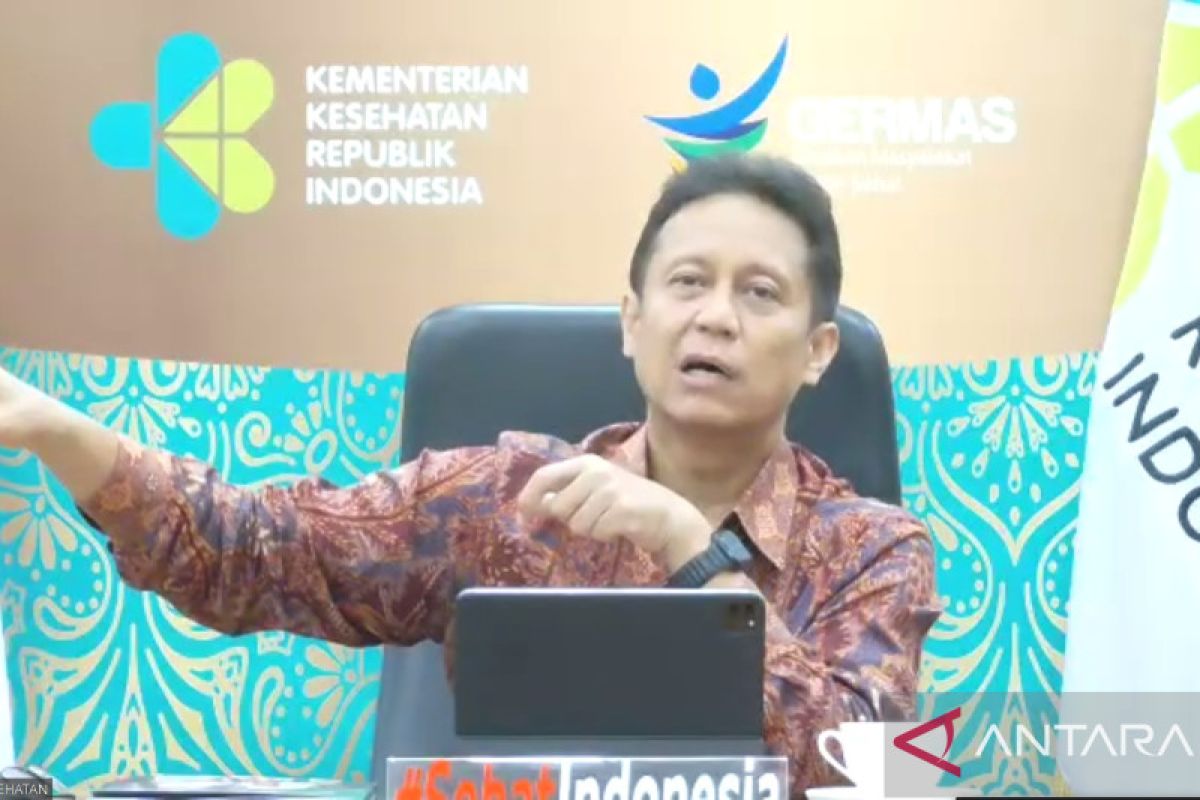"There are around 4.8 million babies born in Indonesia a year. I heard from pediatricians that 1 in 100 of the children born has congenital heart disease. Therefore, every year, there are 48 thousand Indonesian children with congenital heart disease," he said at the “Health Ministry’s 2022 Performance and 2023 Work Program Press Conference” here on Thursday.
According to his calculations, of the 48 thousand babies born with congenital heart disease each year, the condition of 25 percent, or around 12,500, is critical.
Besides the shortage of heart specialist doctors, Indonesia's capacity for heart surgery is only around 5 thousand operations, not to mention the long waiting time for such services, the minister added.
As a result, 7 thousand babies cannot be properly and optimally handled. The healthcare system in Indonesia should be able to provide the best service, especially after 77 years of independence, Sadikin said.
"Imagine that our operating capacity is only 5 thousand. So, 7 thousand babies die every year due to congenital heart disease because we do not have enough specialist doctors to perform heart surgery even though we have been independent for 77 years. I feel sorry for our children," he added.
Sadikin further said that competency-based heart services are not evenly distributed in Indonesia. This is because there are only 40 government hospitals that have a catheterization laboratory (cath lab) to diagnose heart and blood vessel diseases.
Meanwhile, there are only 10 hospitals that can perform open heart surgery in Indonesia. This means that the ability of the health system is not proportional to the number of patients, especially for people with heart disease, stroke, and cancer, he pointed out.
The three diseases are the highest contributors to deaths in Indonesia, he said.
Budi added that hospital financing services have been resolved by the Healthcare and Social Security Agency (BPJS Kesehatan).
The health ministry, he said, will focus on increasing health service capabilities as well as ensuring that each health infrastructure is made more adequate to secure public health in the future.
"After solving the problem on the demand side with BPJS Kesehatan coverage, we now have to ensure that the health infrastructure is prepared," he added.
Related news: Cath lab necessary interventional measure in heart disease: Minister
Related news: Ministry encouraging provincial hospital to perform open heart surgery
Related news: Ministry to prepare five provincial hospitals for heart disease
Translator: Hreeloita Dharma S, Resinta S
Editor: Anton Santoso
Copyright © ANTARA 2023











